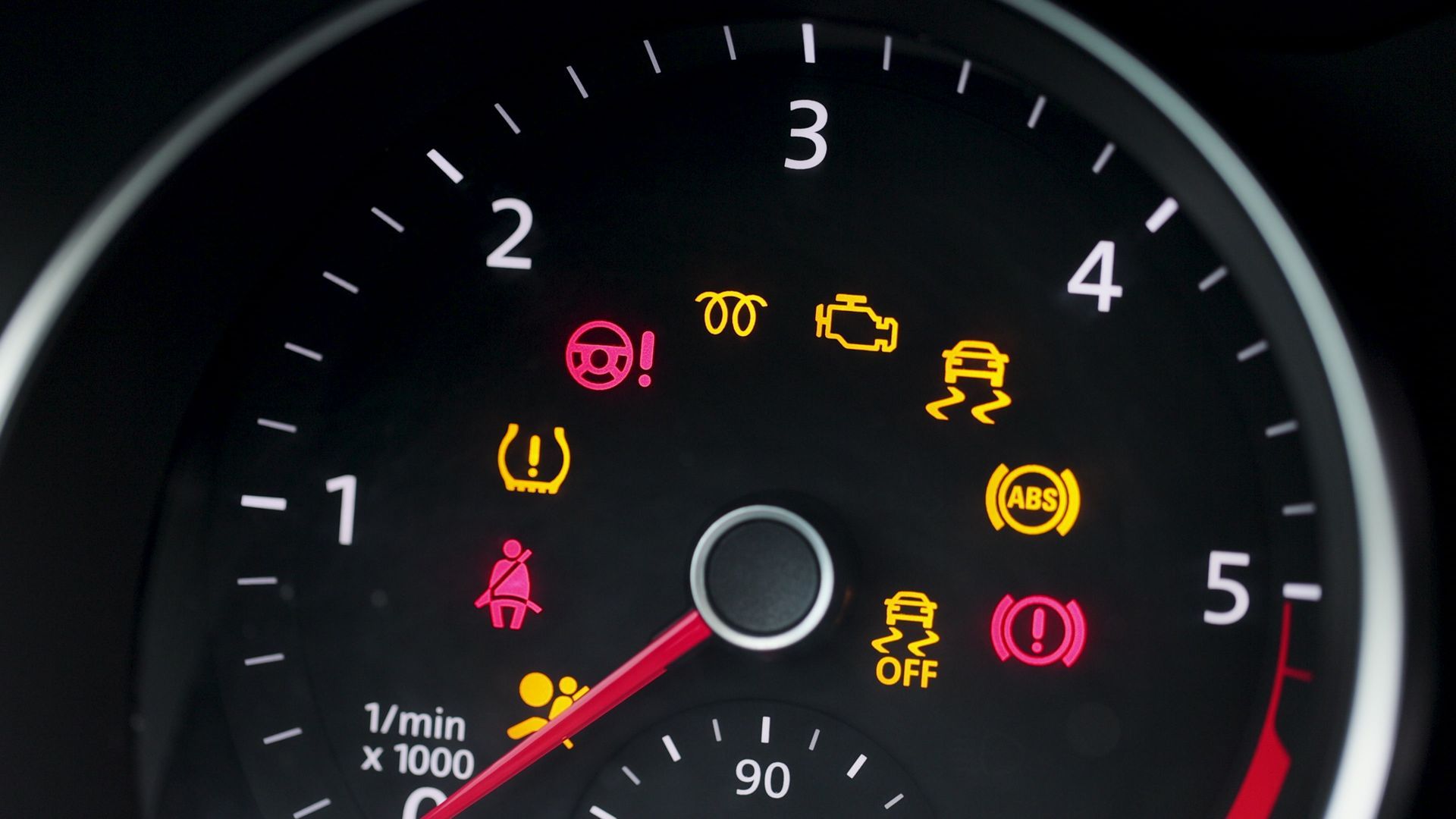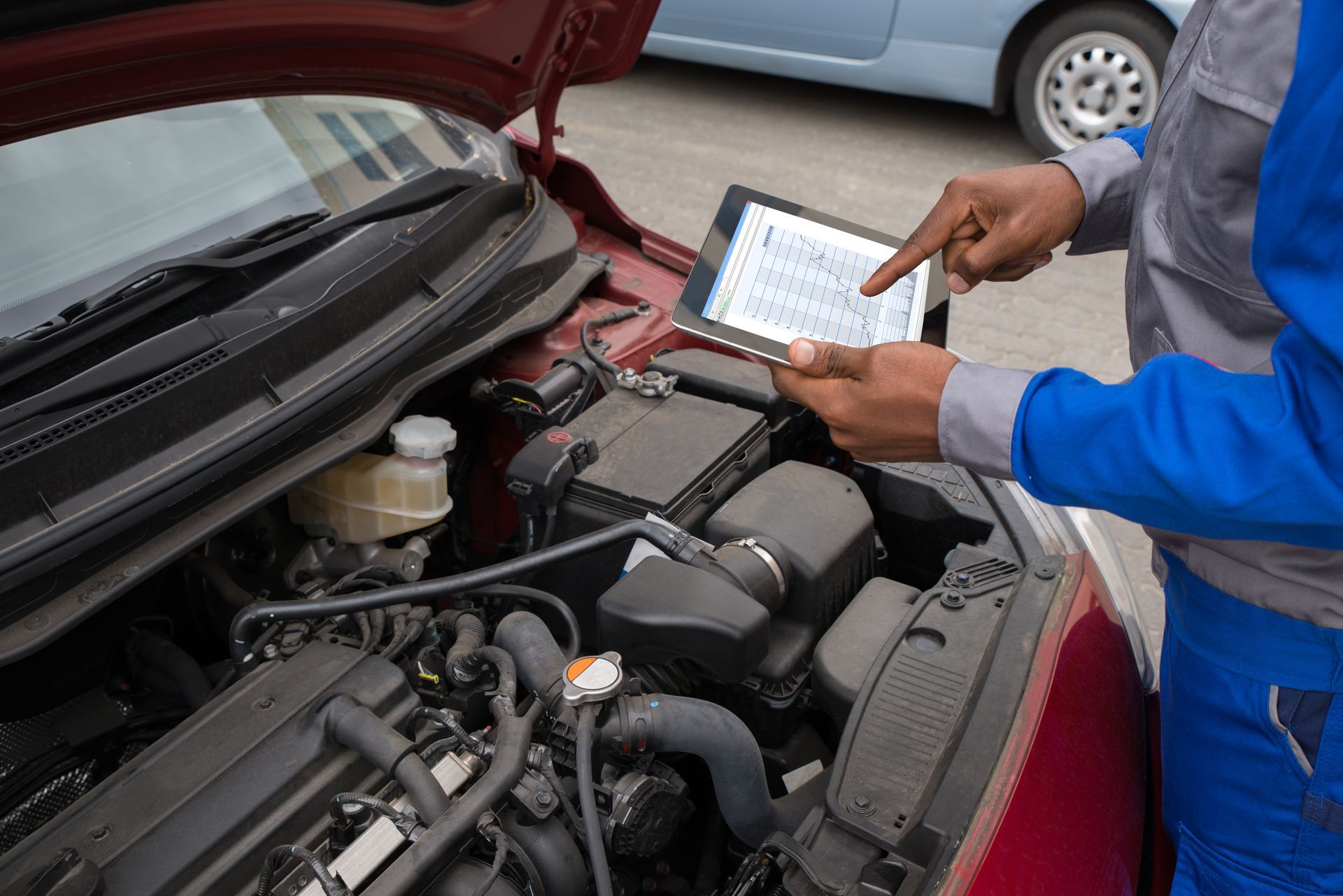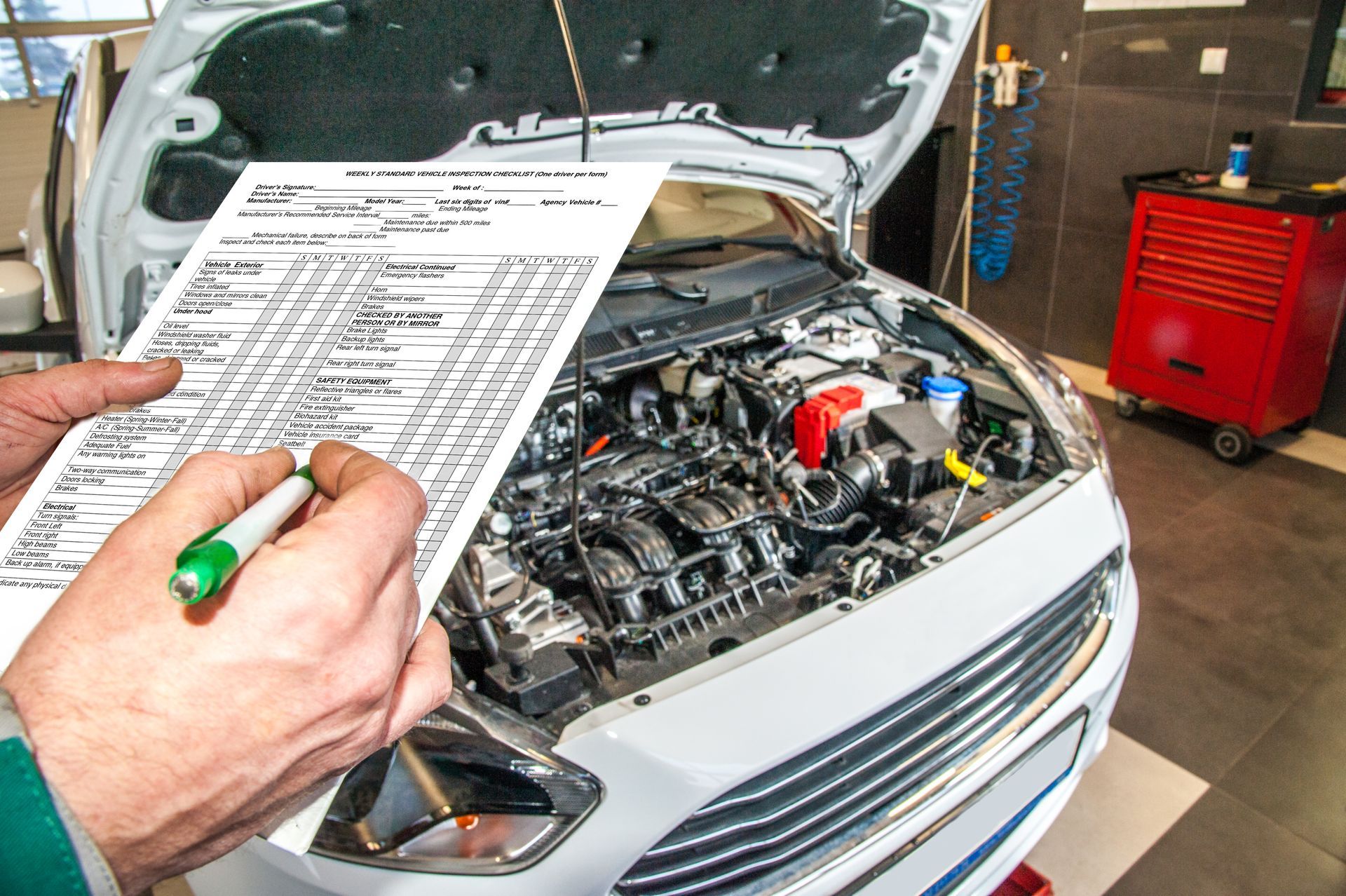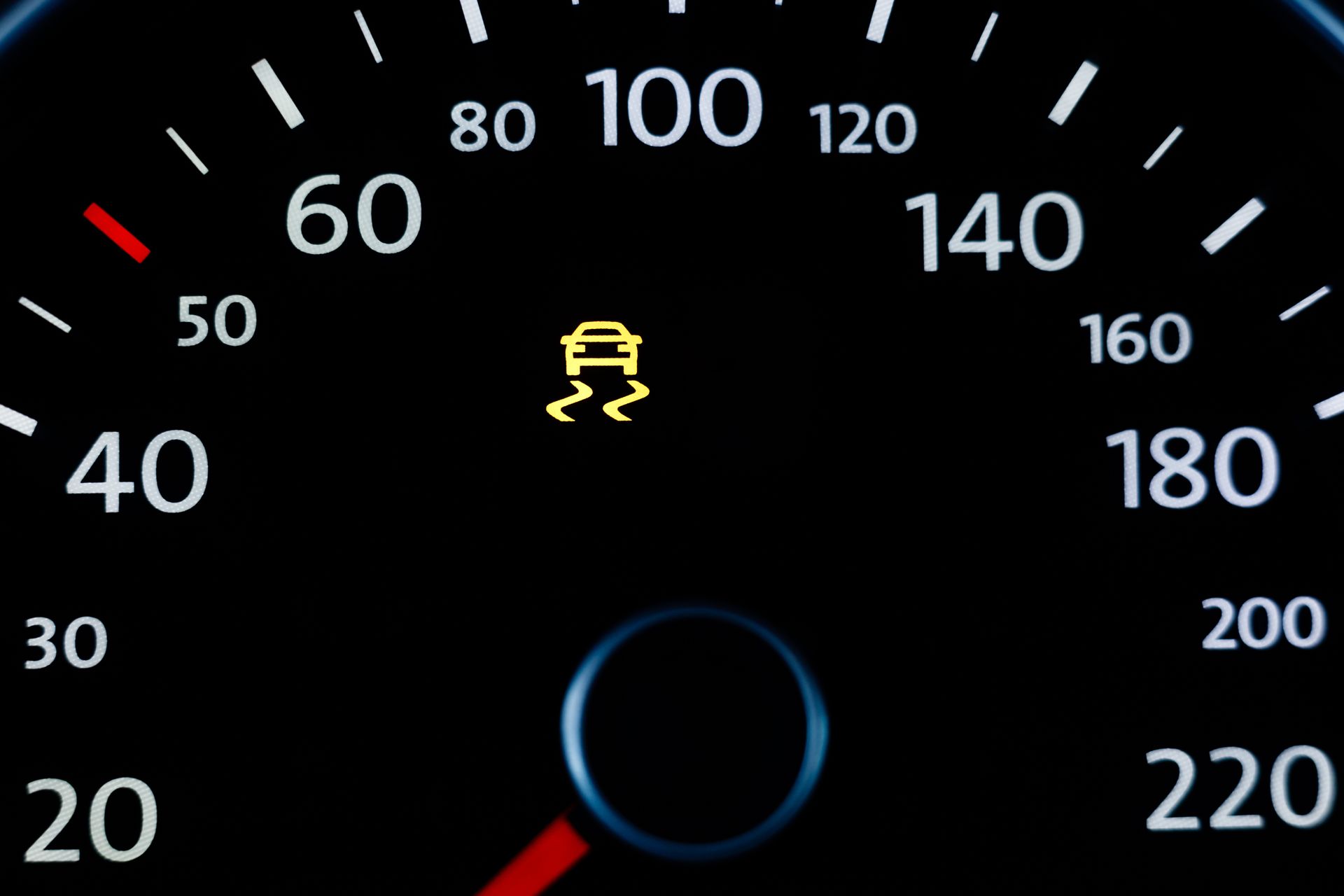When your car starts acting strangely—like flickering lights, weak starts, or weird electrical glitches—it’s easy to assume the battery or alternator is to blame. But in many cases, the issue is something less obvious like a bad ground connection.
Ground wires serve as the return path for electrical current in your vehicle. Without a strong and stable ground, electrical systems can behave unpredictably or stop working altogether. The challenge is that bad grounds often mimic the symptoms of other problems, making them tricky to diagnose if you don’t know what to look for.
Here’s how to recognize the signs of a bad ground connection and why it’s something you shouldn’t ignore.
What Exactly Is a Ground Connection
In your car’s electrical system, power flows from the battery’s positive terminal to various components—lights, sensors, the ignition system, and more. After doing its job, the electricity needs a way to return to the battery to complete the circuit. That return path is the ground, typically connected to the vehicle’s chassis or engine block.
Most vehicles have several ground connections:
- One between the battery’s negative terminal and the car body
- Others from the engine to the frame
- Individual ground wires for major components like headlights, ECU, and fuel pump
If one of these connections becomes loose, corroded, or damaged, it can cause resistance in the circuit, leading to voltage drops, signal loss, or intermittent failures.
Common Signs of a Bad Ground
Bad ground connections can show up in many different ways. Some of the most frequent symptoms include:
- Dim or flickering headlights, especially when other electrical components are used (like turning on the A/C or wipers)
- Slow or hesitant cranking when starting the engine
- Electrical glitches such as random warning lights, erratic gauges, or accessories turning off unexpectedly
- Battery not charging properly, even with a working alternator
Clicking sounds when trying to start the engine without a crank
In newer vehicles with complex electronics, a bad ground can also lead to odd computer behavior—like the radio resetting, power windows misbehaving, or transmission performance issues due to erratic sensor signals.
Where Do Ground Problems Usually Occur
Ground connection issues often develop in hidden spots where corrosion, vibration, or age wear down the contact point. Moisture, road salt, and engine heat can accelerate this process.
The most common trouble spots include:
- The main battery ground strap to the frame or engine
- Ground connections under the dashboard
- Ground wires near the taillights or headlights
- Engine ground cables that become brittle or oxidized
Sometimes, mechanics will find that a ground wire is intact but not actually making good contact due to rust or paint underneath the terminal.
How a Bad Ground Affects Starting and Charging
A poor ground can make your car crank slowly or not at all. You might hear a clicking noise from the starter or get no response when turning the key. That’s because the starter motor is drawing a high amount of current—and if the ground path has resistance, not enough power gets back to the battery to complete the circuit.
The alternator also relies on a solid ground to send charge back to the battery. If the connection is weak, your charging voltage drops and the battery slowly drains over time, even while driving.
Many alternator and starter replacements are done when the real issue is actually a bad ground. That’s why it’s worth checking the grounds before replacing expensive components.
Testing and Fixing the Issue
A technician will usually begin by visually inspecting ground cables and connections for looseness, corrosion, or broken wires. In many cases, simply cleaning the ground contact point and tightening the fasteners is enough to fix the issue.
If needed, voltage drop testing with a multimeter can identify whether the ground is causing resistance. This test checks the difference in voltage between two points—if the drop is more than expected, the ground needs attention.
Replacing an old ground strap or running a new ground wire is a straightforward and relatively inexpensive repair that can prevent all sorts of electrical headaches down the road.
Experiencing strange electrical problems or having trouble starting your car? Let the team at
Matics Auto Repair in Charlotte, FL, inspect your vehicle’s ground connections. We’ll diagnose the issue accurately, clean or repair faulty grounds, and make sure your electrical system is functioning like it should.











